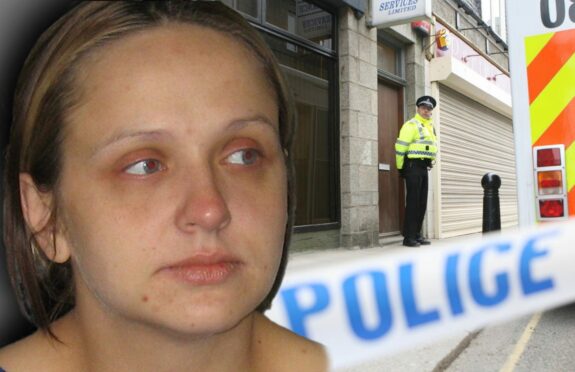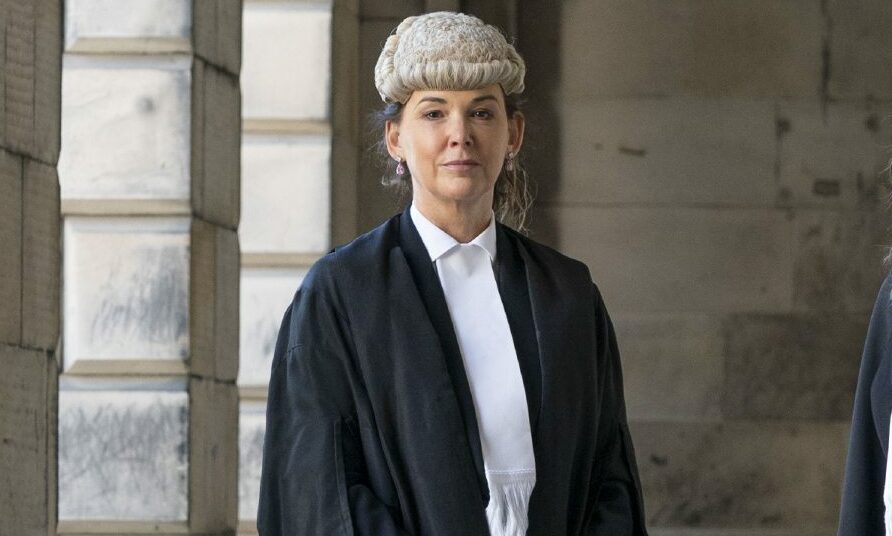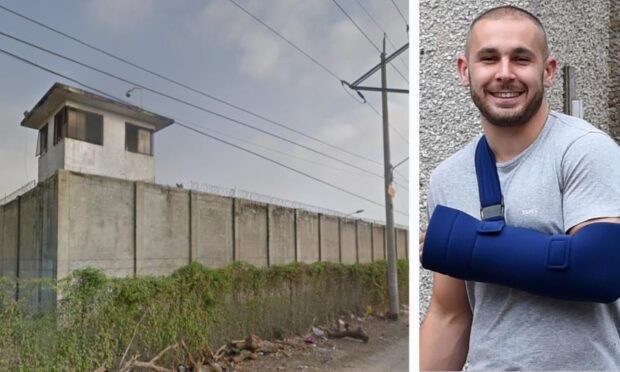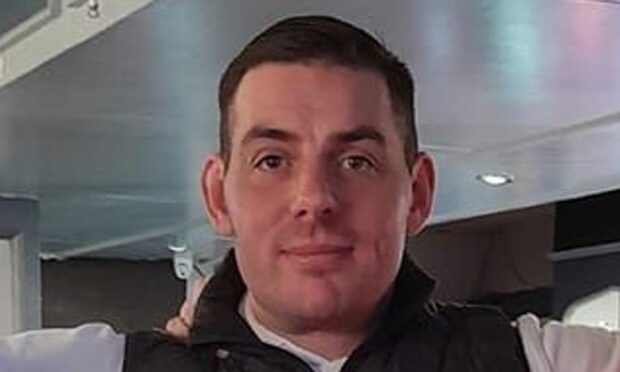A Fraserburgh mum who smothered her newborn son with clingfilm is appealing her murder conviction over claims she may have suffered a miscarriage of justice.
Jurors convicted Ineta Dzinguviene after she killed infant boy Paulius in the north-east town back in April 2010.
Now she claims evidence uncovered during an independent review of the case suggests her ability to make decisions at the time of the tragedy was impaired by undiagnosed conditions.
Dzinguviene applied to the Scottish Criminal Cases Review Commission (SCCRC) two years ago for an independent assessment of her conviction.
It followed psychological work carried out by the Scottish Prison Service while the woman was locked up.
Remains found inside a holdall
Paulius’s remains were found inside a holdall dumped in a communal hallway outside his mother’s flat.
Dzinguviene had hidden her pregnancy from friends and refused to attend antenatal classes before the grim discovery.
She was seven months pregnant when she moved to Fraserburgh from Lithuania, where she had previously suffocated a newborn daughter.
On April 6 2009, three days after her daughter was born, Dzinguviene covered the little girl’s head and face with a polythene bag.
Baby Paulina’s body was found in a suitcase at Dzinguviene’s old family home in the city of Vikaviskis while she was on trial for Paulius’s murder.
‘Wicked murder’
The little girl’s body was concealed in a suitcase and left at the property in a manner similar to the disposal of her brother’s body.
Passing sentence for Paulius’s murder in 2010, judge John Beckett QC told Dzinguviene she would serve at least 15 years for the “wicked” murder.
He said there was “no justification for such a dreadful crime”.
Dzinguviene was later extradited to Lithuania, where she admitted killing her daughter and was also jailed for 15 years.
But she later returned to Scotland to complete both sentences.
A fresh case review concluded it “likely” that Dzinguviene’s decision-making had been “affected seriously” by conditions that were undiagnosed before the trial.
Her application argued the findings were new evidence and claimed she should have been convicted of culpable homicide instead of murder.
The SCCRC asked a forensic psychiatrist for an opinion on the new information and the doctor considered the new psychiatric and psychological evidence “significant”.
Miscarriage of justice
In a statement, the independent authority said: “The Commission considers that a miscarriage of justice may have occurred”.
It has referred the applicant’s case to the High Court of Justiciary and the Lord Advocate Dorothy Bain QC, who prosecuted Dzinguviene.
Once a case is referred to the High Court by the commission, it will proceed as a normal appeal.
A spokesperson for the Crown Office and Procurator Fiscal Service (COPFS) said: “We note the referral to the High Court of Justiciary Appeal Court”.













